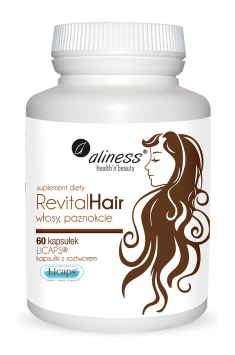Our skin is the largest organ in our body; with a total area of approximately 20 square feet. The primary function of the skin is to act as a barrier, protecting us from environmental elements; variations in temperature, chemicals, micro-organisms etc. It contains a network of nerve cells that respond to changes in the environment with separate receptors for heat, cold, touch and pain. The skin also regulates body temperature via sweat and hair and acts as a reservoir for the synthesis of Vitamin D.
Remember about skin!
We exercise to keep our body strong and healthy, but what do we do to keep our skin in top notch condition?
Whenever we see a blemish we often reach for the latest beauty products as a skin solution. But quite often the secret lies in the kitchen! The food we eat is a huge contributor to our health and our skin is no exception, with the food we eat playing an important role in keeping our skin healthy.
Here are some of my top tips for healthy skin:
- Stay balanced
A balanced, healthy diet can keep blood sugar levels in check and inflammation at bay. By nature, skin concerns are usually inflammatory so adding in anti-inflammatory foods could make a difference. Include lots of whole foods, healthy fats and cut back on the refined sugar. Refined sugar is not your skin’s friend. Glycation is a process where the sugar in your bloodstream is attached to proteins, leading to the production of advanced glycation end products which can damage certain proteins, include collagen, that can lead to aging skin and early wrinkling. Enjoy sugar in moderation with natural sources found in fruits and try to balance your meals with healthy fats and protein to make sure your blood sugar levels aren’t plummeting or soaring.
- Reduce triggers
Depending on the skin issues you have, certain foods can sometimes do more harm than good. Keep an eye on what causes your skin to flare up and if you suspect a food allergy or intolerance, speak to your GP.
- Add in skin-nourishing nutrients
Certain nutrients have shown to be especially supportive of the skin:
- Vitamin A
This is one of the most widely acknowledged nutrients for healthy skin and studies have shown that it influences the physiology of the skin in a number of ways

including modulating growth factors, inhibiting sebaceous gland activity and suppressing androgen formation. Vitamin A promotes cell turnover in the skin and it has shown to be effective in preventing comedones in acne.
- Vitamin C
Vitamin C is well-known for playing an essential role in the regulation of collagen, needed for the extracellular stability of the skin.
- Zinc
Zinc has shown to assist in the structure of proteins and cell membranes, improve wound-healing and have anti-inflammatory effects.
- Essential fatty acids
As the name says, these fatty acids are essential, meaning our body can’t produce them and they benefit the skin in a number of ways including managing oil production and hydration of the skin, protecting skin from sun damage and helping to reduce premature aging.
What can I do aside from diet?
- Avoid smoking
Smoking depletes Vitamin C levels in the body which is essential for the manufacture of collagen. It also restricts blood flow to the lower layer of skin, meaning less oxygen is being delivered. A double edge sword for premature skin aging.
- Keep clean
Make sure to use a suitable moisturiser and cleanser morning and night, to get rid of any dirt throughout the day and to keep your skin clean.
- SPF
Ultraviolet rays, in excess, may be a risk factor for cancer and premature skin ageing. Make sure your skin is well-protected by using a protective sun cream or make sure your beauty products contain SPF.
If you have ongoing serious skin issues then it’s always best to speak to your GP for a referral to a specialist






